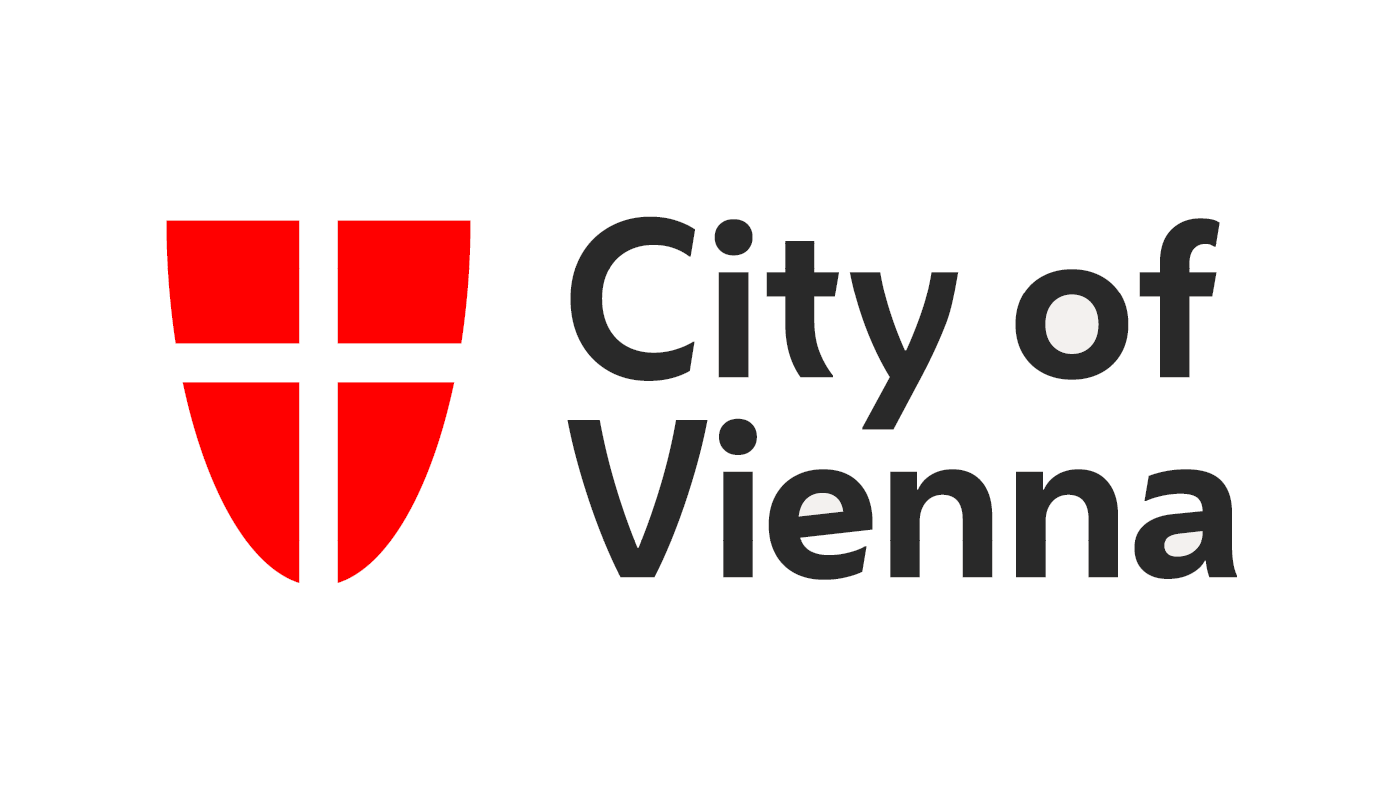Generally, distributive justice arises in situations of resource scarcity and of competing claims to these economic resources. It further involves benefits and burdens alike and is ultimately about the fair distribution of these (Olsaretti 2018). Liebig and Sauer (2016) summarise empirical justice research in sociology, in which one must differentiate between four principles of justice that determine how resources and burdens are allocated. These are justice principles based on merit, need, entitlement, and equality.
Van Hootegem et al. (2020) show that in health, equality is the most popular justice principle in a Belgian sample, but not when it comes to the domains of unemployment benefits or of pensions. People have different justice attitudes within health care as well, when high resource scarcity is pinned against medium or low resource scarcity in trade-offs (cf. Scott and Bornstein 2009).
The combination of social justice and health equity is a driving factor in societal (in)equities because distributive social justice and equity in health are inseparably intertwined, as are socioeconomic disparities and health (Braveman and Gruskin 2003; Braveman 2006; Braveman et al. 2011). Chandanabhumma and Narasimhan (2019, p. 1) state: “At the heart of health promotion practice is a social justice vision to achieve health equity […]”.
In its essence the goal of the integration of distributive justice into health equity is to 1) avoid furthering structural social and economic inequalities (Galiatsatos et al. 2020) and to 2) consider public attitudes and preferences when making political allocation decisions regarding health and health care (Skedgel et al. 2014).
Merit
Bell (1972) makes a case against meritocracy, arguing that in its pure form it should not be realised because it would be a genetic lottery that instals an overly competitive spirit in society. He also says it cannot be realised because in reality family ties, luck, and inequality of opportunity play major roles in determining success or failure. Similarly, Littler (2017) suggests that meritocracy only furthers social and economic inequalities in society and Mijs and Savage (2020) find inequality and beliefs in meritocracy to go hand in hand. However, merit also serves as an important justification for the existing socio-economic system and for existing inequality, so ultimately for the status quo (McCoy and Major 2007; Hing et al. 2011). If a person is satisfied with their own SES, they may also believe their own merit led to this satisfactory position. Burbules (2021) on the one hand offers a defence of meritocracy by saying rewarding merit per se is ‘the Weberian rationalization of modern society’, which is closely tied to the values and aspirations of modern liberal democratic societies. On the other hand Burbules (2021) argues that merit inflicts costs on society and individuals alike by incorporating many non-merit factors such as wealth and privilege. These costs come from the imperfectness and inefficiency that meritocracy can bring along.
Need
Kittel (2020) elaborates on the need-based justice principle’s advantages and disadvantages: Needs are difficult to specify and to measure. They are inherently subjective and can be costly for a group or society. Thus, need depends on “[…] the collective recognition of individual wants and desires as legitimate grounds of allocation under scarcity” (Kittel 2020, p. 99). When linking the distributive justice principle of need to health care, evidence suggests that people only seldomly consider different needs for prioritising treatment (Rogge and Kittel 2016). When it comes to considering patients’ needs in health resource allocation literature points in different directions (cf. Lane et al. 2017). However, Daniels (1982, p. 112) points out “[…] that people are differentially at risk of contracting such diseases because of work and living conditions”. Hence, needs may very well play a role in the allocation of medical goods and services. To treat the worst-off first inevitably needs a definition of what ‘worst off’ means. The common answer is to restrict such a definition to factors that matter for what is at risk: the life. It may not only concern health and course of the disease but can also involve economic hardship, so that the poor could be treated first (Verweij 2009).
Entitlement
Entitlement in its original form can be understood as a distributive justice principle that attributes fairness to holdings that were acquired freely without fundamentally hurting other persons. Entitlement makes it also possible to further redistribute these holdings to others, e.g. to family or children (cf. Goldman 1976). Liebig and Sauer (2016, p. 51) situate entitlement in highly hierarchical societies: “All individuals get what they are entitled to according to their position in the hierarchical structure”.
Equality
Harris (1999) advocates that the equal opportunities principle is valid in health care rationing even when preference satisfaction is the ultimate objective because the rationing entity cannot have complete information about the preferences and should therefore be ‘blind’ towards individual differences when it comes to medical treatment. Bauzon (2015, p. 198) contests such a view in stating: “Equality in health care is impossible because of human freedom, which leads to different social and economic capital”. This statement visualises the apparent trade-off between equality and absolute personal freedom. The former equalises all human beings by ignoring contingencies and preferences, whereas the latter ignores the inherent unfairness of unequally distributed socio-economic resources and health disparities.

